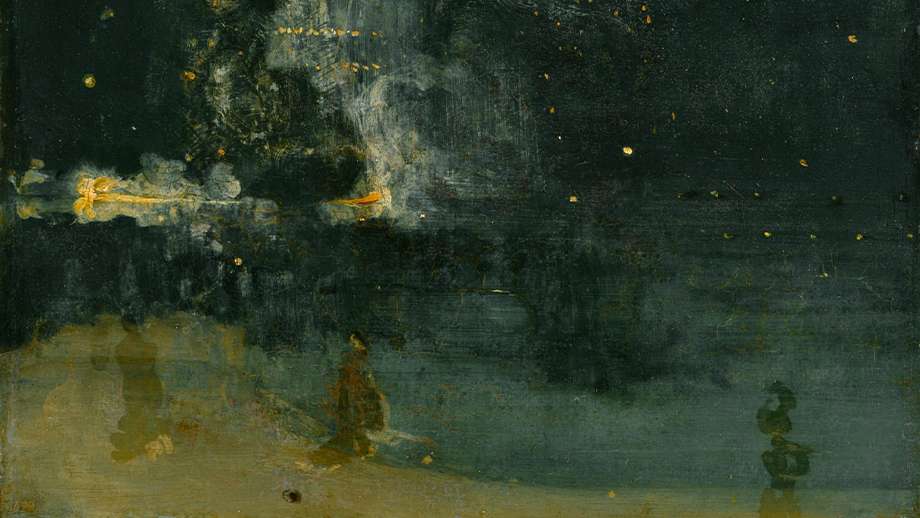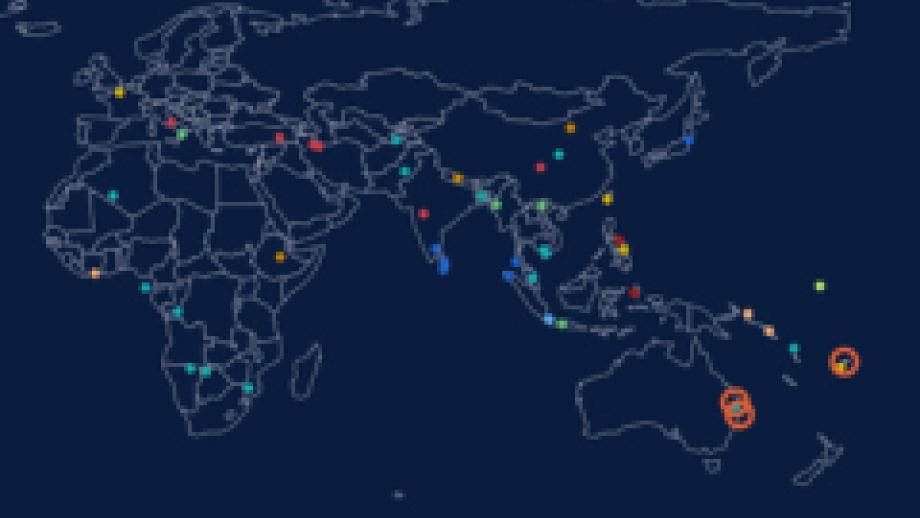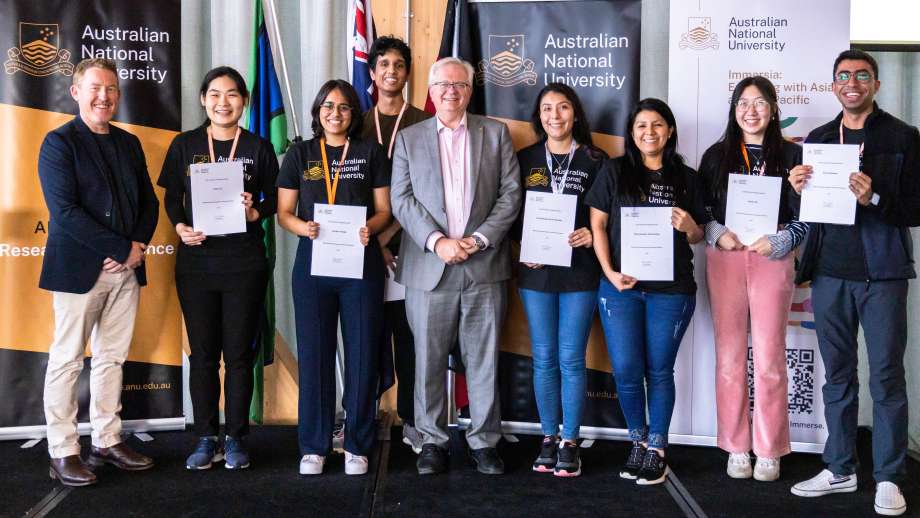The transference of trauma, and Nagasaki narratives
Presented by ANU College of Asia & the Pacific
Tracing the impacts of inter-generational trauma is a complex task, and the concept of affective postmemory (as characterized by Marianne Hirsch) is one way of conceptualising how traumatic experience is transferred. Kathy Behrendt, and others, however, have criticized Hirsch, suggesting some limits upon the use of postmemory.
In my recent article in History Workshop, I explored the question of transference of trauma in Nagasaki, discussing how new generations are not passive in reception of memory, but actively invest in narratives of the past, performing public history and memory-work that informs the community.
In this presentation I intend to introduce my article while reflecting on the usefulness of postmemory. Memory of trauma may on the one hand be malleable, and on the other hand work against the grain of narratives of state.
SPEAKER
Dr Gwyn McClelland is Japanese Studies Lecturer at the University of New England. An oral historian, he conducts research engaging with religious discourses in memory and history.
In 2020, he was awarded the 2020 Japan Foundation Long-term Fellowship to complete fieldwork in Japan associated with a new study of the Gotō Islands. While he was unable to immediately attend this fellowship due to the COVID crisis, in association, Sophia University has granted him the status of Collaborative Research Fellow; and he will work during this term as an Honorary Associate of the University of Tokyo. Following on, he received the twelve-week prestigious 2022 National Library of Australia Fellowship (Harold S Williams Trust) to further support this study.
Please register here to attend this online seminar.
This seminar will be recorded.
We look forward to seeing you there.
The ANU Japan Institute Seminar Series is supported by the Australian Government through the Australia-Japan Foundation of the Department of Foreign Affairs and Trade. 
Location
Speakers
- Dr Gwyn McClelland, University of New England.
Contact
- ANU Japan Institute



